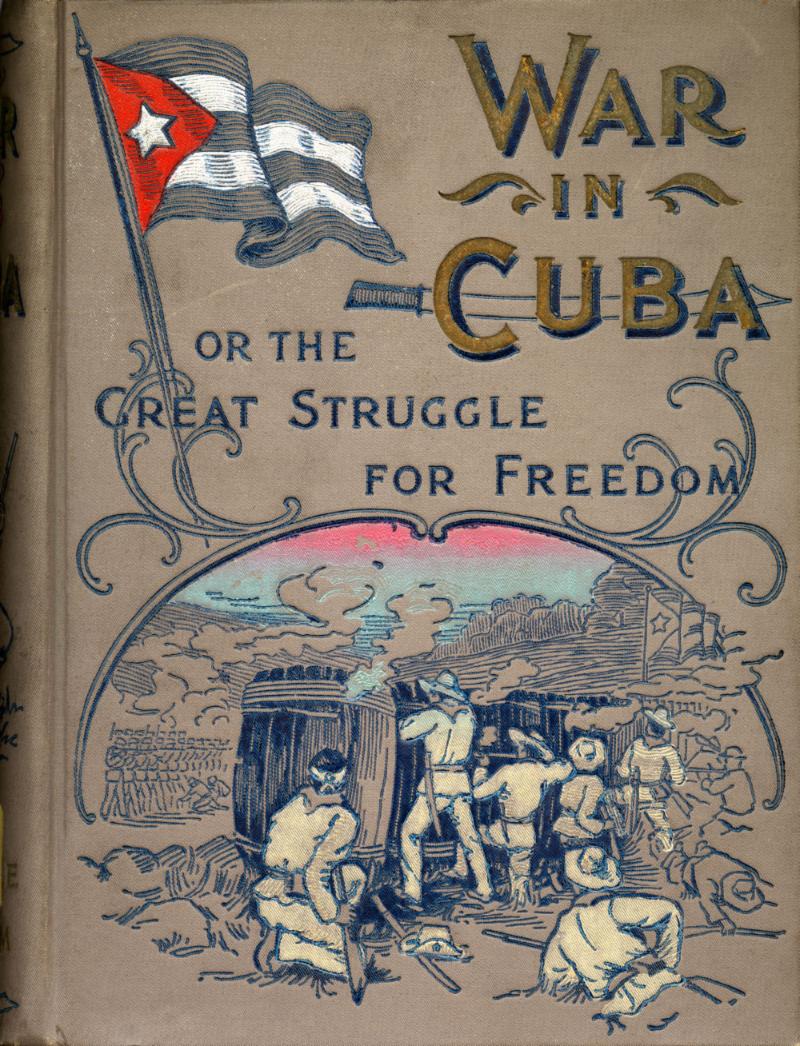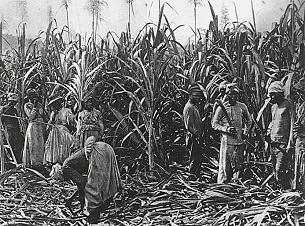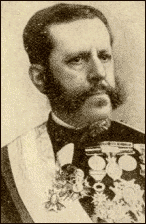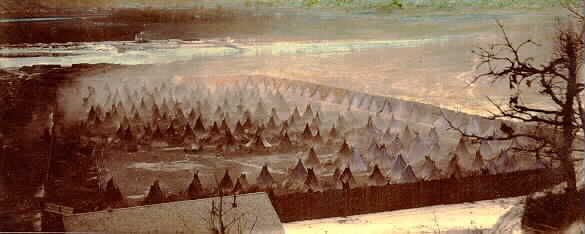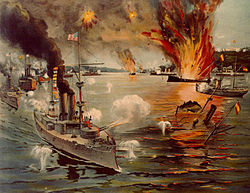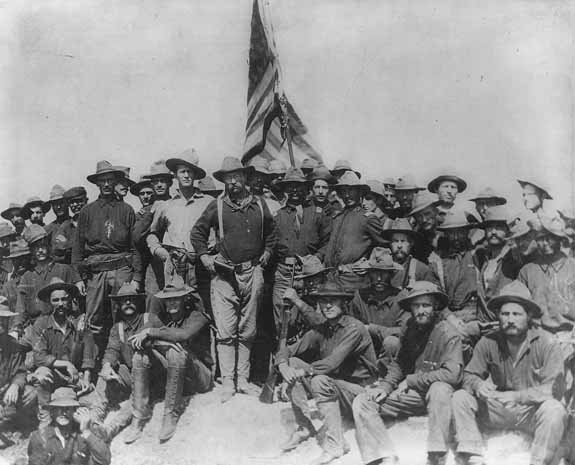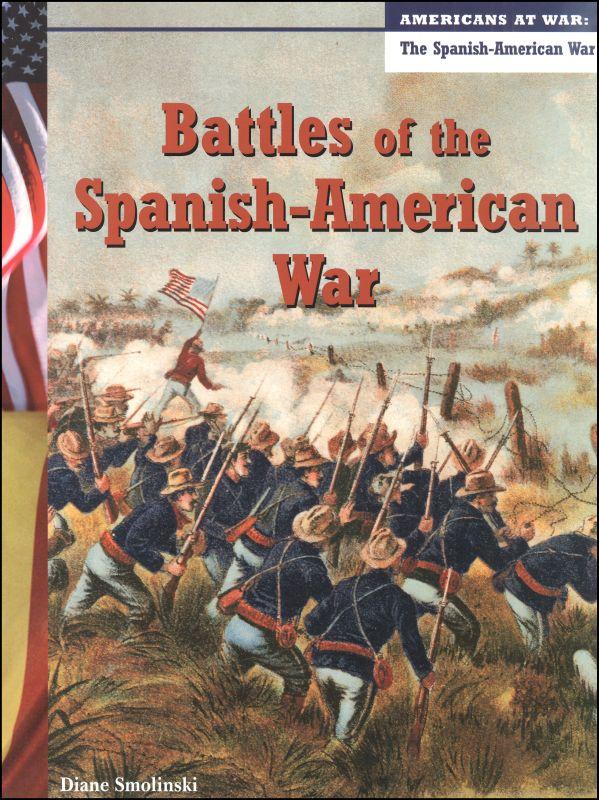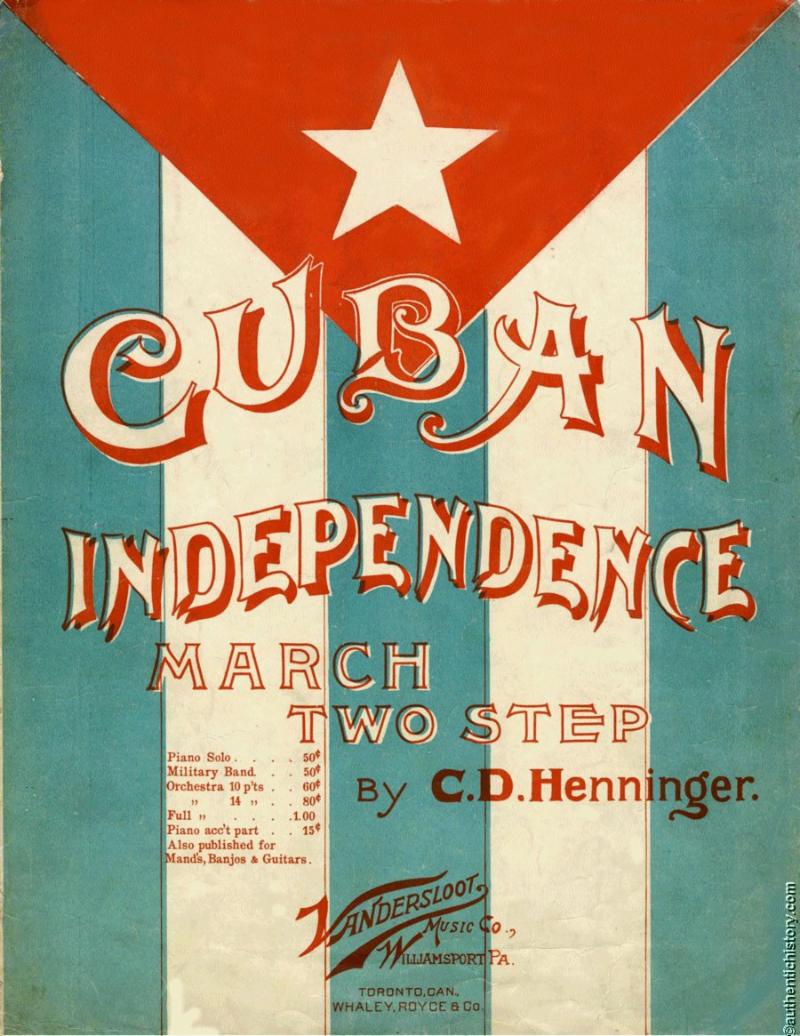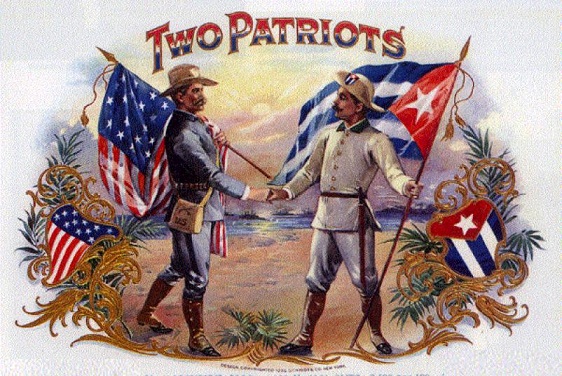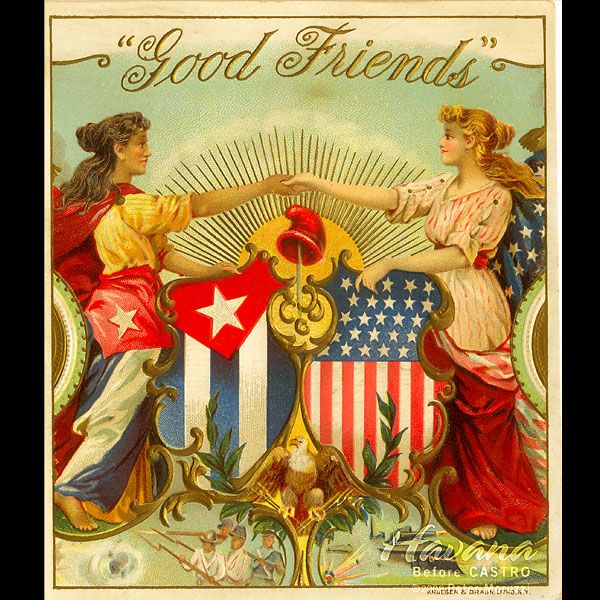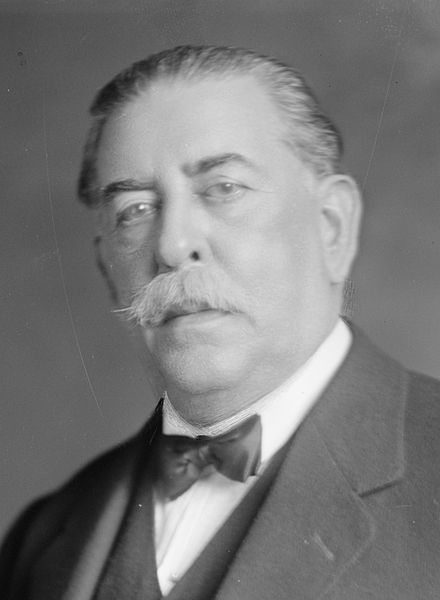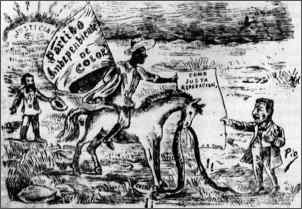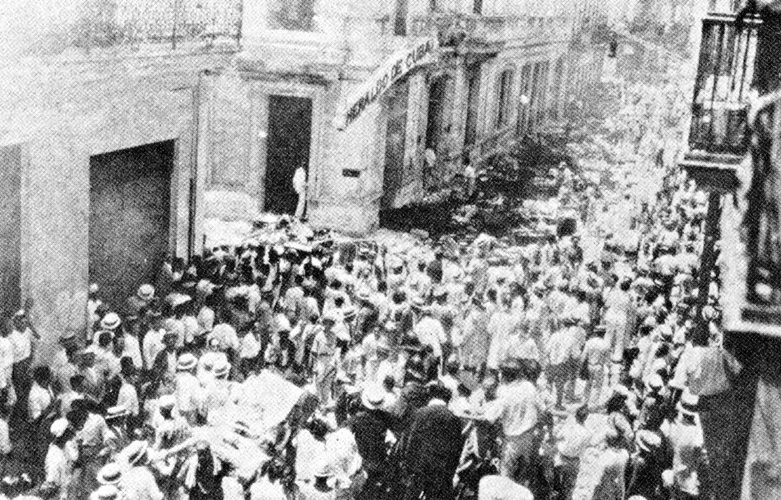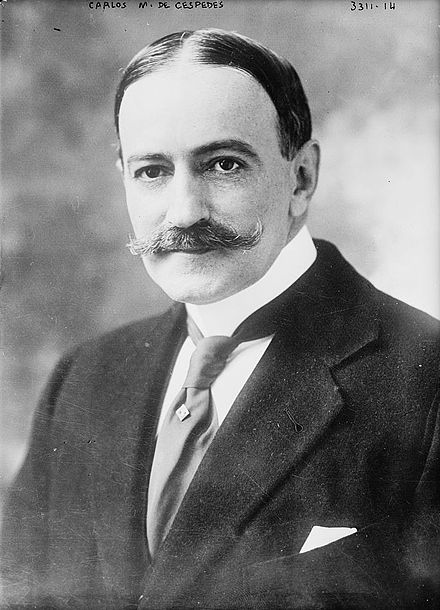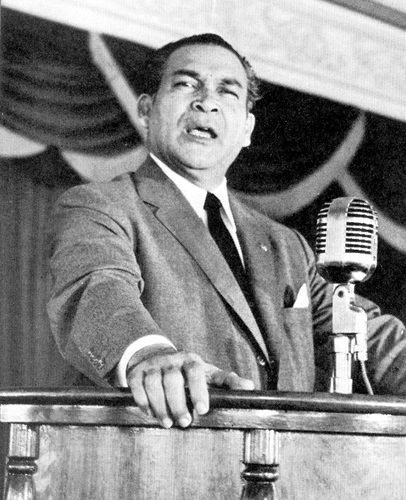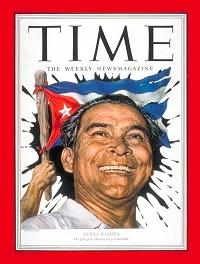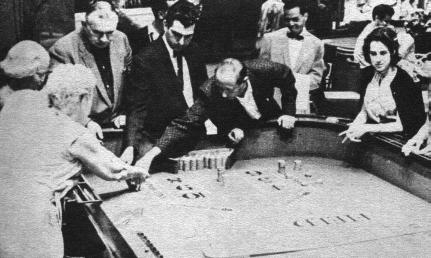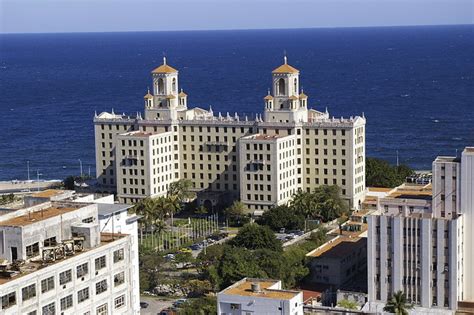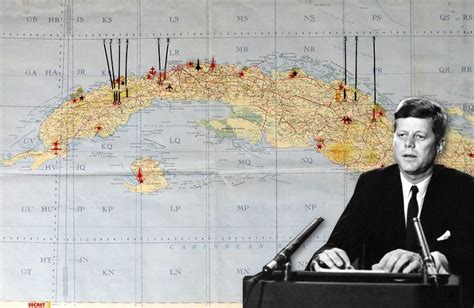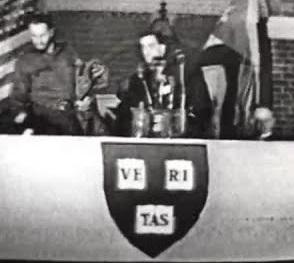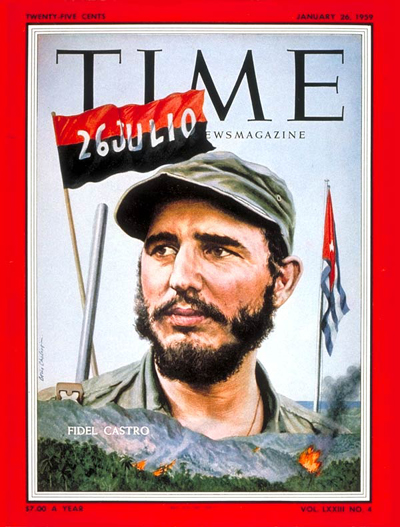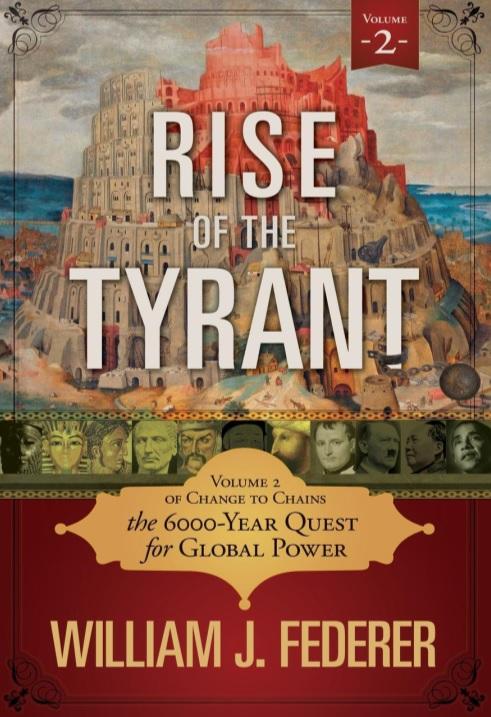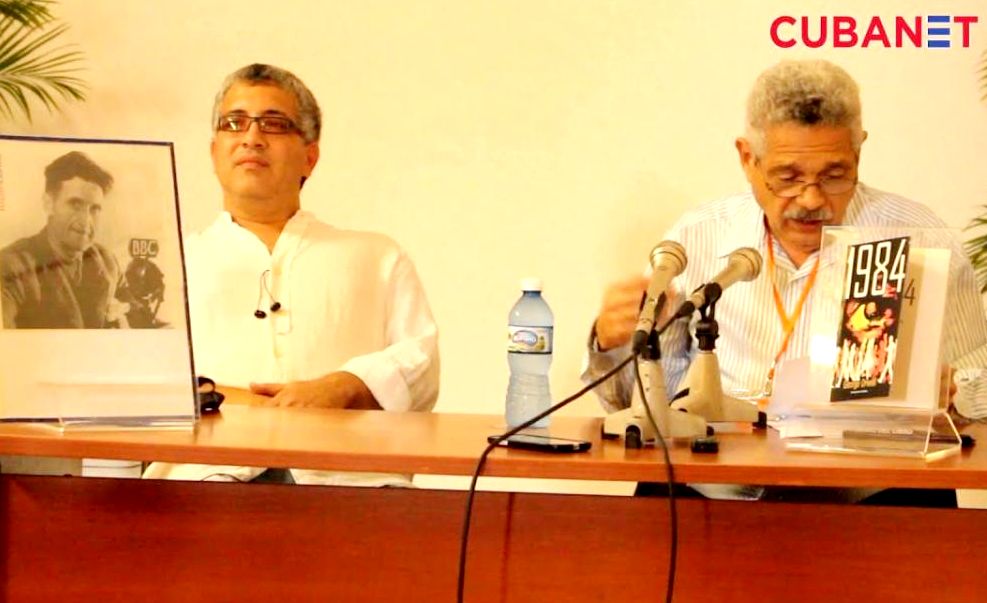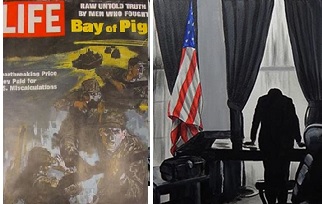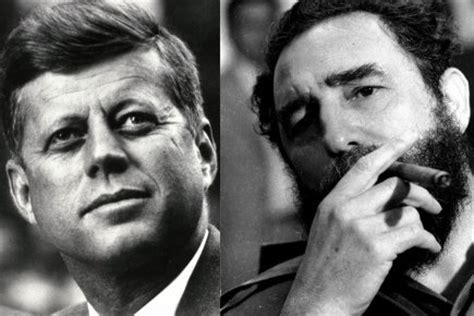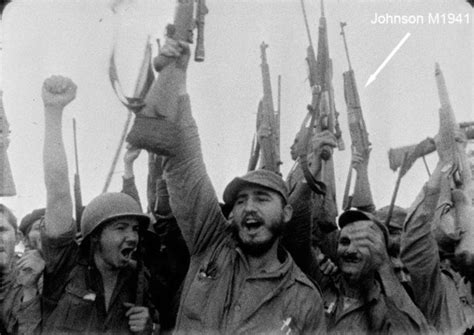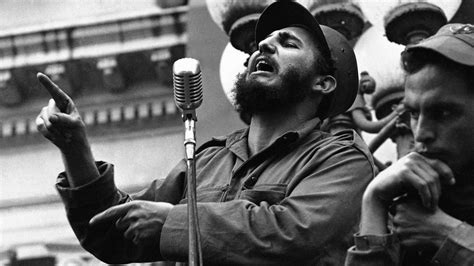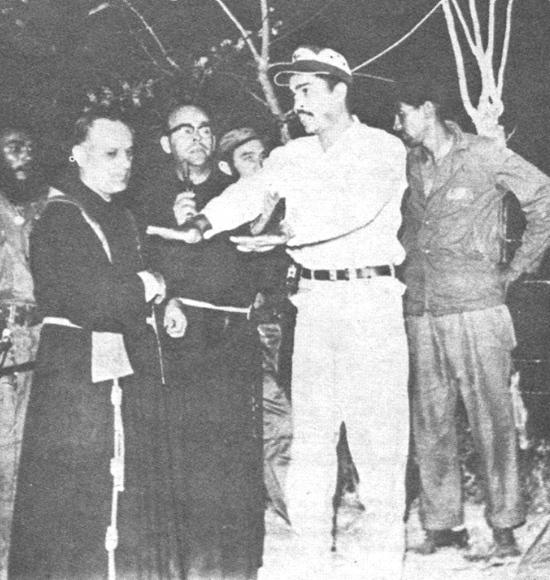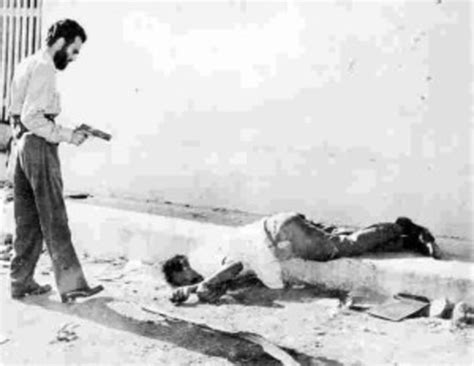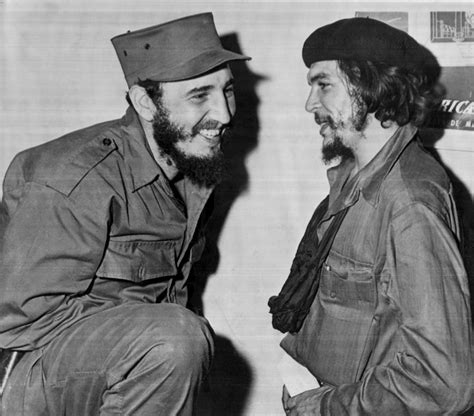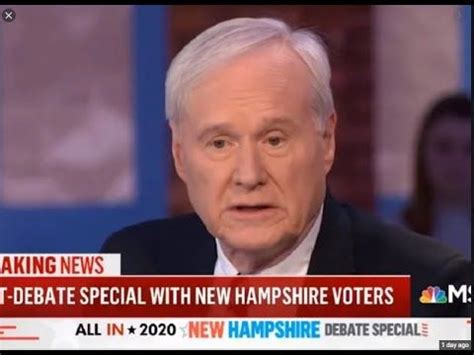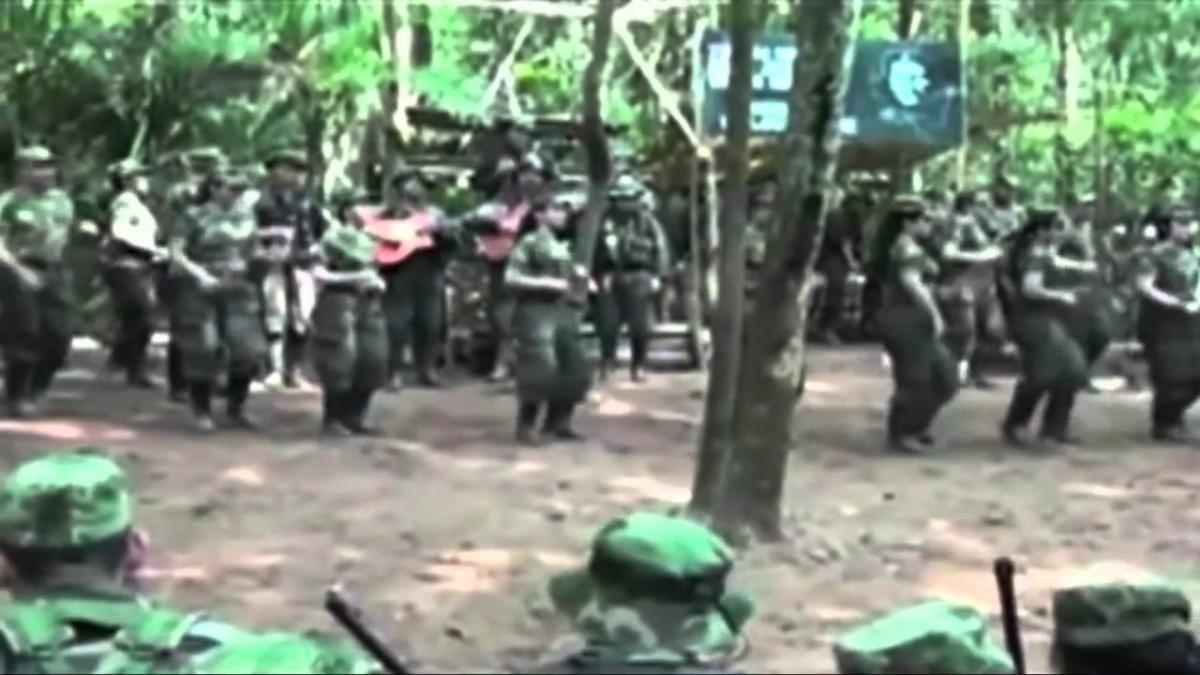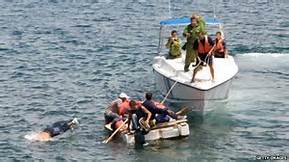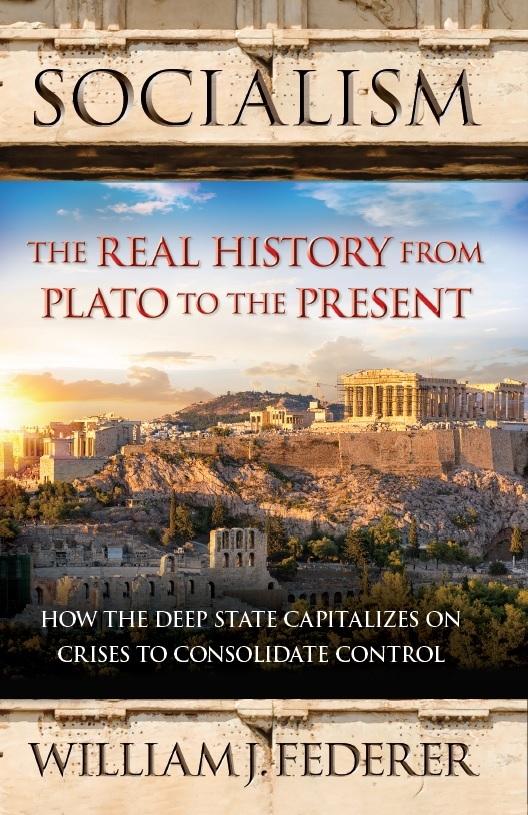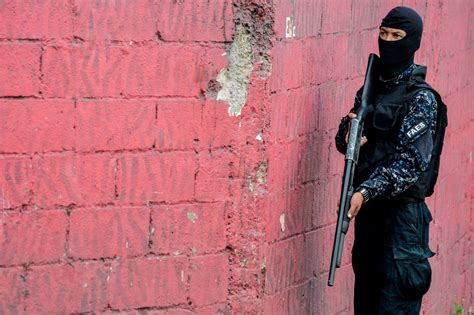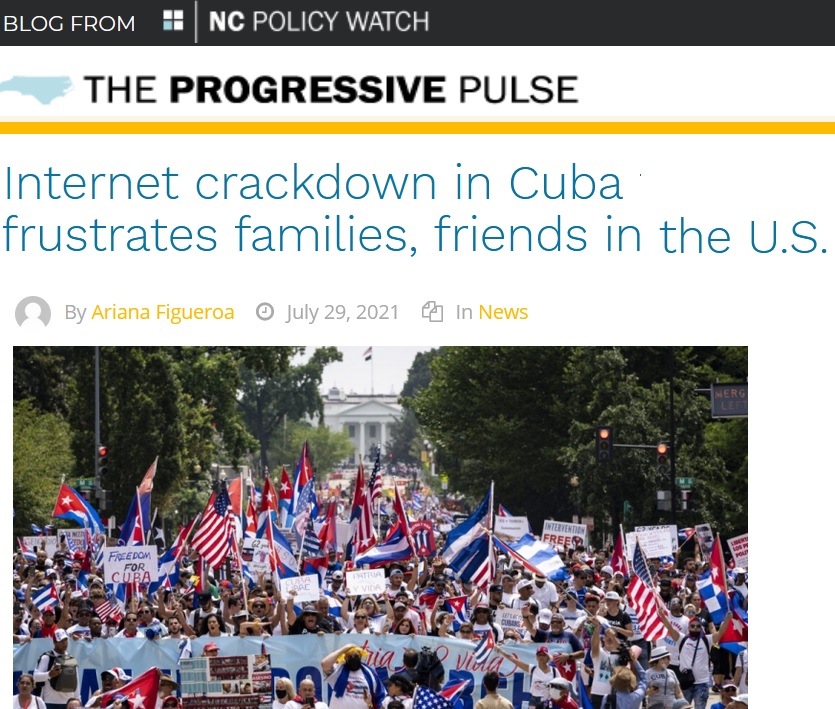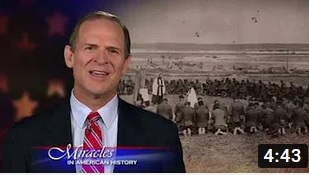The 10th of October Manifesto concluded:
“We aspire to (have) popular sovereignty and … universal suffrage.
We want to enjoy the freedom for whose use God created the man.
We profess sincerely the dogma of … brotherhood … tolerance and justice, and consider all men, equal, and … not be excluded from its benefits; nor even the Spaniards, if they decide to live peacefully among us.
We want … (to) take part in the formation of the laws, and in the distribution and investment of the contributions.
We want to abolish … slavery and compensate whoever is harmed.
We want freedom of meeting, freedom of the press and freedom of … conscience, and
We request … respect (of) the inalienable rights of … man, (the) foundation of … independence and the greatness of (our) towns.
We want to remove from the yoke of Spain and to become a free and independent nation.
If Spain recognizes our rights, (it) will have in Cuba an affectionate daughter; if it persists in subjugating … us, we are resolute to die before (we will) be under his domination.”

 Pastor Dewey Note: The Biden’s Administrations approach to Cuba has been very weak! Yes, I know all to well we have our own serious problems here in America, but in my mind we must help the people of Cuba and not stand still and blurt out ‘nothing noise’ to the world! Don’t let the thugs of the world rule! China is a growing threat to the world and all I hear from D.C. is nothing noise. Putin also has no fear. JFK and Bobby Kennedy had guts! It cost them their lives I do not see any bravery at all in D.C. of either party! Just blabber mouths and ‘what is in it for me’ They all are playing politics with the lives of the American people. Americas foreign policy has, and still is, a complete mess for several years under both parties leadership! KNOW YOUR HISTORY! Problem is, many Americans do not!!!!!!!!!!!!!!
Pastor Dewey Note: The Biden’s Administrations approach to Cuba has been very weak! Yes, I know all to well we have our own serious problems here in America, but in my mind we must help the people of Cuba and not stand still and blurt out ‘nothing noise’ to the world! Don’t let the thugs of the world rule! China is a growing threat to the world and all I hear from D.C. is nothing noise. Putin also has no fear. JFK and Bobby Kennedy had guts! It cost them their lives I do not see any bravery at all in D.C. of either party! Just blabber mouths and ‘what is in it for me’ They all are playing politics with the lives of the American people. Americas foreign policy has, and still is, a complete mess for several years under both parties leadership! KNOW YOUR HISTORY! Problem is, many Americans do not!!!!!!!!!!!!!!




